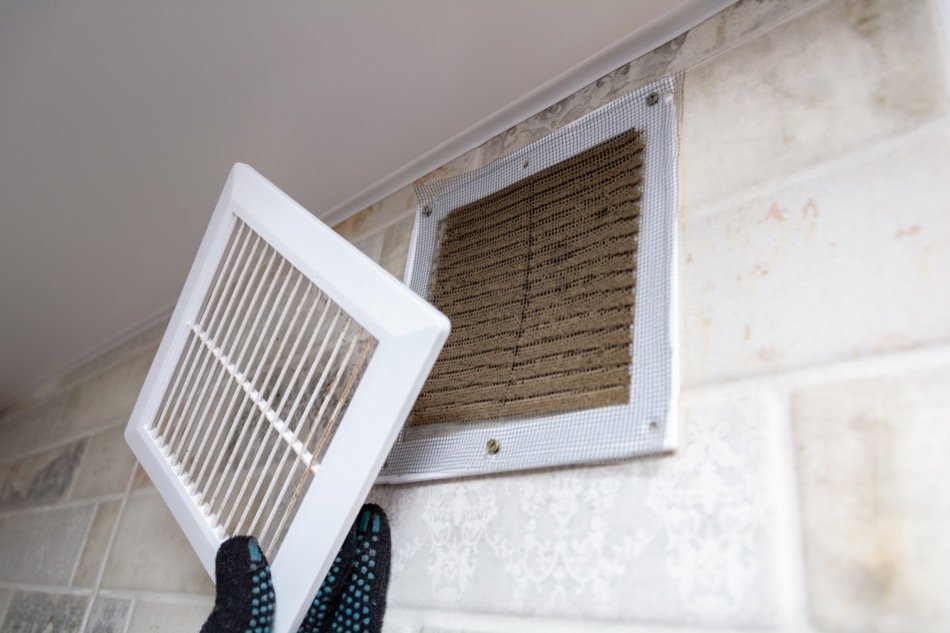What You Need to Know About Testing Your Home's Air Quality
Posted by Gary Ashton on Friday, September 6th, 2019 at 10:09am.
 Indoor air quality can have a big effect on your health. If your home has poor indoor air quality, you could experience problems like allergies and breathing difficulty. It's important to maintain the best indoor air quality possible. And trying to sell a home with indoor air quality issues could be a mistake.
Indoor air quality can have a big effect on your health. If your home has poor indoor air quality, you could experience problems like allergies and breathing difficulty. It's important to maintain the best indoor air quality possible. And trying to sell a home with indoor air quality issues could be a mistake.
Indoor air quality testing is available for homeowners who believe that their indoor air quality has problems. If you're a homeowner who is concerned about whether your air is healthy, these tips can help.
What To Know About Pollutants
There are different types of pollutants that can be found around the house. In general, these pollutants can be categorized as either biological, chemical or combustible. Within those categories, there are many different types of pollutants. For example, in the "biological" pollutants category, there are dust mites, mold, pollen and VOCs.
Each pollutant comes from a different source. Most homes will have pollutants of some type, but the type of pollutants found on a property will depend on factors like the age and condition of the home, lifestyle and habits of the homeowners, and so on.
How to Test
There's not just one indoor air quality test. Homeowners who want to test their home's indoor air quality should first know what kind of pollutants they're looking for, based on the symptoms they might be having.
If they're not having any symptoms, homeowners who still want to test for their indoor air quality should start by deciding what kind of pollutants are likely to be found in their home. For example, a home that has recently had problems with a plumbing leak could be at risk to develop mold. Therefore, testing the home for mold spores could help the homeowner determine whether their home is in need of mold remediation.
Testing for all the possible contaminants all at once would be expensive and time-consuming. Some tests must be conducted by a professional (like radon testing), and other tests are often conducted by DIY kits. This is why most homeowners focus in on one or two types of tests.
What to Do With the Information
Once you've tested your home for the pollutants that you're worried about, you can then take action to prevent and eliminate the pollutants that you've identified. If your home has mold, you'll need to hire a remediation company to fix the problem. You may also need to install a dehumidifier, repair a plumbing leak or roof leak, or make other repairs to your home to prevent the mold from growing again in the future. Adding greenery can also help freshen and clean the air.
Testing your Brentwood home's indoor air quality, and taking action to eliminate pollutants, can make your home a safer place to live. It can also make your home easier to sell when the time comes.

Gary Ashton
The Ashton Real Estate Group of RE/MAX Advantage
The #1 RE/MAX team in the World!
